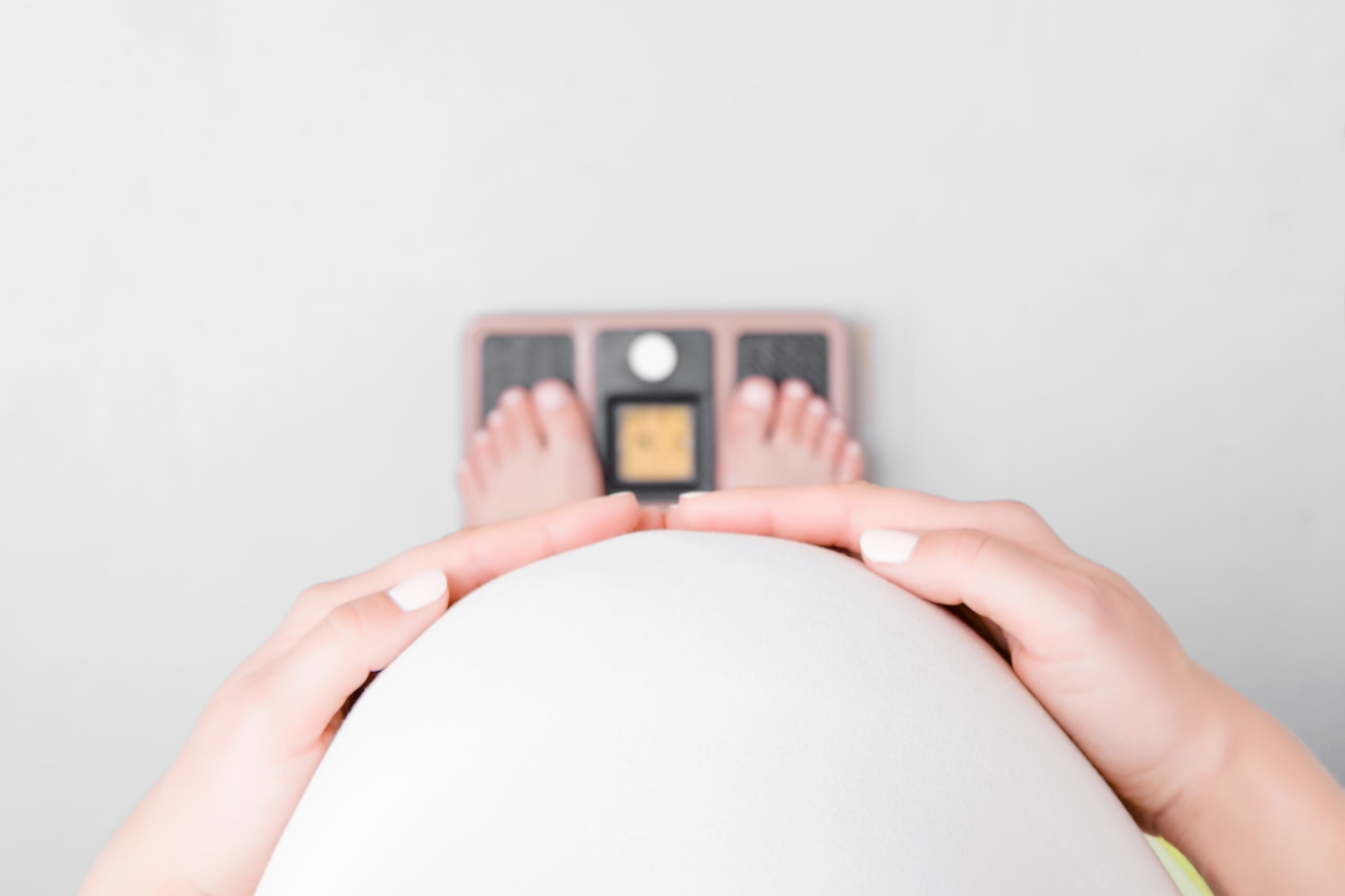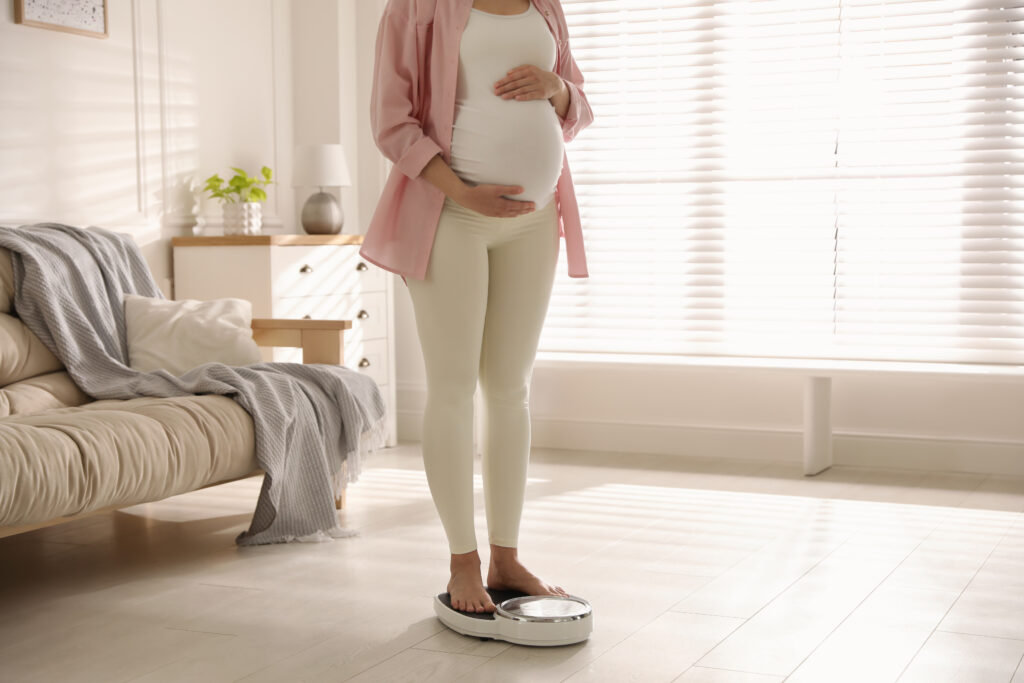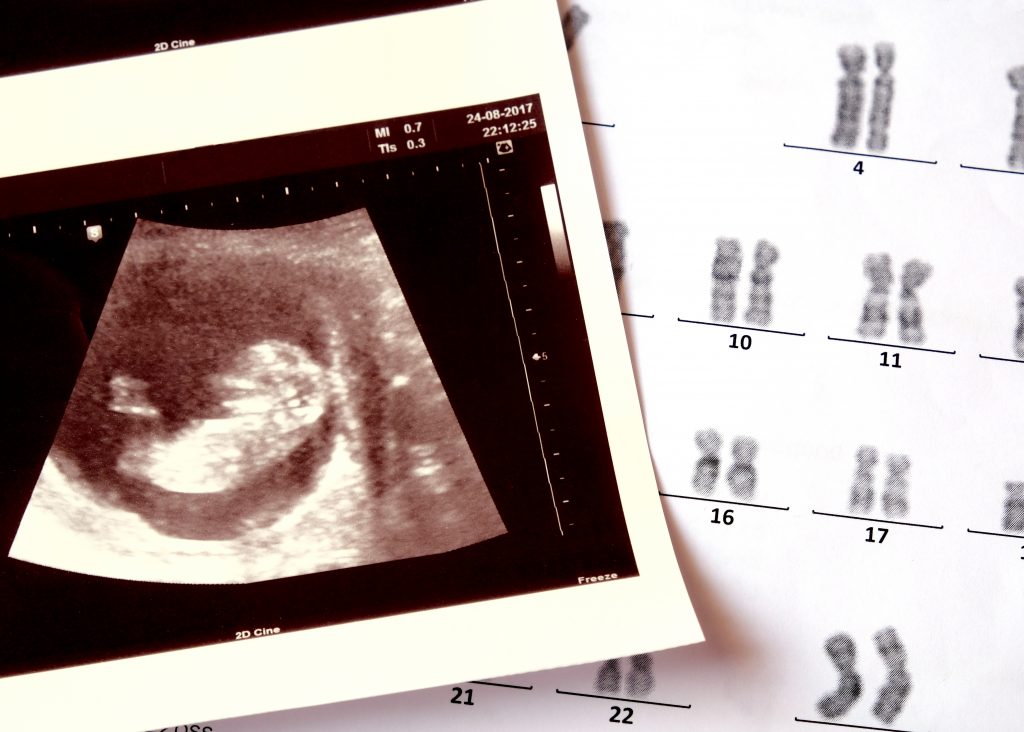Giving birth to your child is one of the most life-changing moments a woman can have. However, the period after birth (often called the postpartum period) seems like the most challenging for most mothers. Not only they’re responsible for this tiny human they’ve created, but they also need some love and care themselves. Mothers are in an especially delicate emotional and physical state in this period, so the six to eight weeks of postpartum are especially important for postpartum care.
What Is the Postpartum Period You Might Ask?
Well, as the name suggests it is the period after the birth of the child and up until eight weeks after that. This is a challenging period in which the parents are trying to bond with the baby, establish good sleeping patterns and breastfeeding practices that will benefit not just the baby… But also, the mother as well. Although the mom is mostly focused on the tiny albeit very adorable baby, the mom needs some postnatal care as well. She’s sleep-deprived, tired, sweaty, and probably in pain, at least during the first few days. Not to mention, she’s struggling with a surge of hormones on a daily basis. We’re here to offer some tips, tricks, and general suggestions to make the postpartum period a bit easier for the mom. Remember. A happy mom will make a happy baby.
Sleep when the baby sleeps
Or at the very least, take every opportunity to get some much-needed rest. Go to bed early. Take an afternoon nap. Trust us. You’re going to need it. The newborn stage is rough for both parents, but more so for the mother. You’re probably getting up to change diapers, to nurse, and to rock your baby back to sleep. It’s exhausting, for sure. Sleep deprivation is tough, so if you have an opportunity to rest and get some sleep… Take it.
Be kind to yourself
You’ve brought a baby to life, so, make sure to be kind to yourself. The negativity, criticism and harsh self-talk are counterproductive and will bring you nothing but trouble. Have some compassion and grace towards yourself. You’re a wonderful mother, the best for your child and the postpartum period will pass. Just try to be kind to yourself.
Find ways to be more active
Yes. We know that going to the gym is not on the list of priorities in the postpartum period. However, there are ways to keep yourself active even with a newborn by your side. Simply, go for a walk outside. Put the baby in the stroller and go for a 30-minute’ walk. It will be good for you and the baby, and you’ll get your physical exercise along with some fresh air. Besides, a change of scenery is always good.
Accept help whenever you can
The saying, it takes a village to raise a child is not for nothing. If you have the opportunity to get help around the house or with your child, take it. It will save you so much energy and time, and it’s a good way to get your partner involved in the postpartum period.
Establish a routine with your baby
With a newborn at home, things can easily become messy. Establishing a routine benefits you as much as your baby really. Regardless if it’s a morning or night routine, a routine is still a predictable action that will help things go smoothly and make your days (or nights) more organized and lot easier. It is very important for your baby since it gives them a sense of security and stability. Your baby will start to recognize the cues of the routine, like about waking up or going back to sleep. It would make them feel calmer and more comfortable. So, make sure to set a good routine.
Don’t forget to take care of yourself
For most people, self-care seems like a regular daily occurrence. However, for moms of newborns, this seems like a luxury that they can’t afford. Most moms don’t have the time or willpower to do much, let alone take a nice warm bath, or eat a well-balanced and nutritional meal. But you should eat and you should make some time for yourself. So, ask for help. Leave the baby with your partner, a relative or a friend for a while. Do something you enjoy.
Limit visitors
This seems like a weird suggestion, but it’s a highly recommended one. Plenty of your extended family members and friends will likely want to come and see the baby. Although this sounds like a good idea on paper, in reality, it’s the exact opposite. It’s a rather terrible idea. The first six to eight weeks are critical for you and especially for your baby as you’re both fragile. So, it’s best to say no to your family and friends, if they express wishes to see you or the baby. They’re carrying germs and bacteria that your baby can catch easily, so it’s best to limit visitors to a bare minimum.
Keep an eye on your mental health
This is extremely important for mothers. Especially for new mothers who are dealing with sleep deprivation, breastfeeding, hormonal imbalance, and fussy babies by their side. Postnatal depression is a real thing and it can affect you. So, if you see the signs of postnatal depression (like sadness, moodiness, inability to bond with your baby) don’t hesitate to ask professional help.
Break away from routine
Yes, we know. We just said it’s good to have an established routine. However, for us grown-ups routines can be mundane and boring at times. Especially for moms who are stuck at home all day with the baby. So perhaps you should shake things up. Take a new route to your favorite park today. Cook a new quick yet delicious meal today. Or perhaps call a new friend that you haven’t talked to in a while. Just small things that are going to make all the difference.
Last but certainly not least. Limit stimulation!
This applies to your baby, but it can apply to you too. Remember, your mind is already preoccupied all day and night. When did my baby nurse last time? How much milk did my baby have? When is her doctor’s appointment? Your mind is stimulated and you’re going to get to a state of burnout soon. So, when it comes to getting rest at night, feel free to dim the lights. Turn off any appliances that overstimulate (TV, computer) and put away the phone. You don’t need to be scrolling at 11 p.m. You need to rest and recharge.
The Post-Partum period is hard, it’s especially hard for the mothers, so do what’s best for you and your baby. Yes, your baby may be a priority for you, but you have to make sure to take care of yourself as well. Take it easy, ask for help and try to survive the postnatal period with your physical and mental health intact.


















